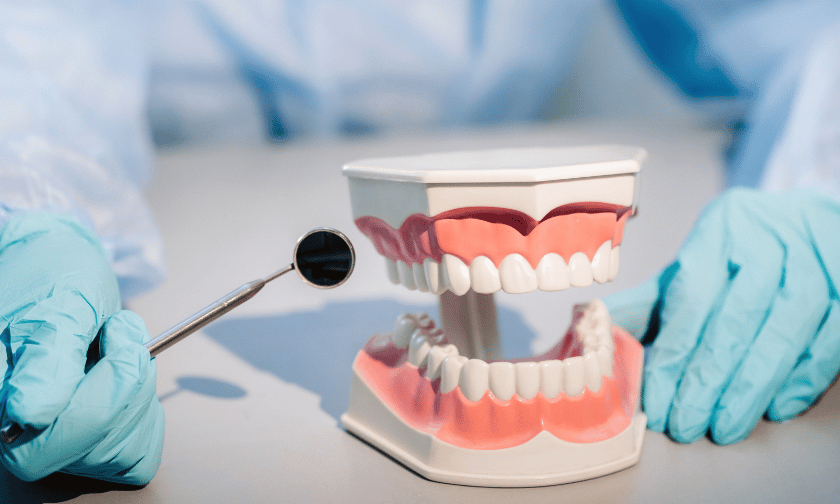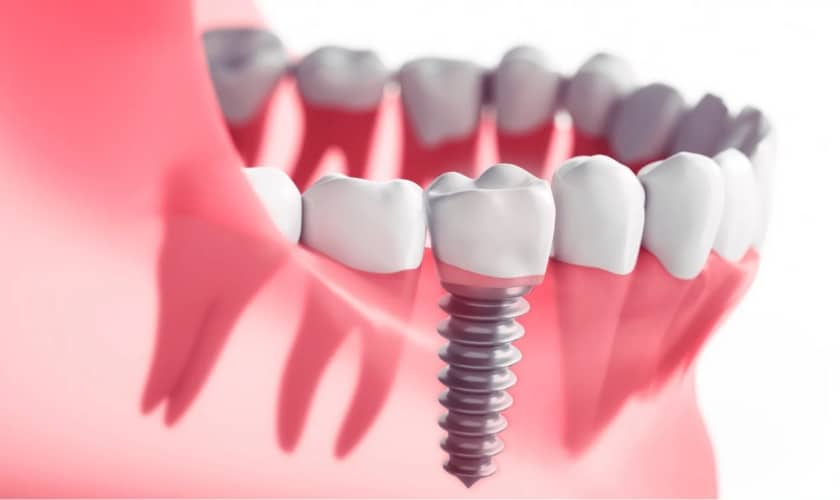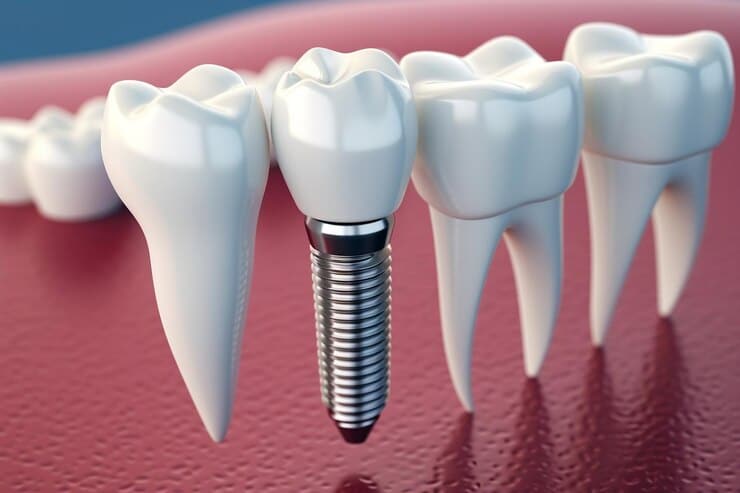
Are you looking for a reliable solution to replace your missing teeth? Dental bridges and dental implants are two of the most common tooth replacement methods available. But how do you decide whether a bridge or an implant is better for you? In this blog, we’ll discuss the differences between dental bridges vs dental implants so that you can make an informed decision about which option is best for you.
Having healthy teeth is essential for both our physical and psychological well-being. Missing teeth can cause problems with digestion, speech, and self-confidence. That’s why replacing missing teeth with either a bridge or an implant is often necessary. While both have similar goals, they go about them in different ways. A bridge relies on its neighboring teeth for support, while an implant is placed directly into the jawbone. So which one is best for you? Let’s explore dental bridges vs dental implants and see which comes out on top.
Dental Bridges
A dental bridge is a tooth replacement option that uses adjacent real teeth to support a false tooth (pontic). It’s typically made from ceramic and metal alloys, with the ceramic portion visible above the gum line. A bridge can be used to replace up to three missing teeth in a row and is often chosen because of its affordability compared with other methods.
Pros
– Can replace up to 3 consecutive teeth
– Less invasive than implants
– Quicker to fit than implants
– Lower cost than implants
Cons
– Not as stable as an implant
– Requires healthy teeth to be used for support
– Can damage neighboring teeth over time
– Must be replaced regularly due to wear and tear.
Dental Implants
A dental implant is a titanium screw that’s inserted directly into the jawbone, where it slowly fuses with your natural bone. The implant acts as an anchor for a false tooth (usually made from porcelain or ceramic) which is then attached to it. It’s considered one of the most reliable options for replacing missing teeth since it doesn’t rely on neighboring teeth for stability. Implants can be used to replace a single tooth or several in succession.
Pros
– Aesthetically pleasing
– Lasts much longer than a bridge (up to 25 years)
– No damage to adjoining teeth
– Acts as an anchor for other replacement teeth if needed
– Relatively easy procedure, with minimal recovery time.
Cons
– Expensive compared with bridges and dentures
– More invasive than bridges and dentures due to implant placement into the jawbone
– Recovery time can take up to 6 months until the implant starts fusing with your natural bone.
Both dental bridges and implants have their advantages and disadvantages, so it’s important to consult with a dentist to see which one is best for your specific case. In general, implants are considered the superior option since they’re more durable and have fewer risks associated with them. However, they are also more expensive and require a longer recovery time than bridges. If you’re looking for a quick, affordable solution, then a dental bridge might be the right choice for you.
1. The main difference between dental bridges and implants is that a bridge relies on neighboring teeth for support, while an implant is placed directly into the jawbone.
2. Implants are generally considered the superior option since they’re more durable and have fewer risks associated with them. However, bridges are quicker to fit and less expensive than implants, so it depends on your specific needs.
5. The time it takes to complete a bridge or implant varies depending on the complexity of the procedure and the type of material being used, but typically they take one to two weeks for a bridge and up to six months for an implant.



